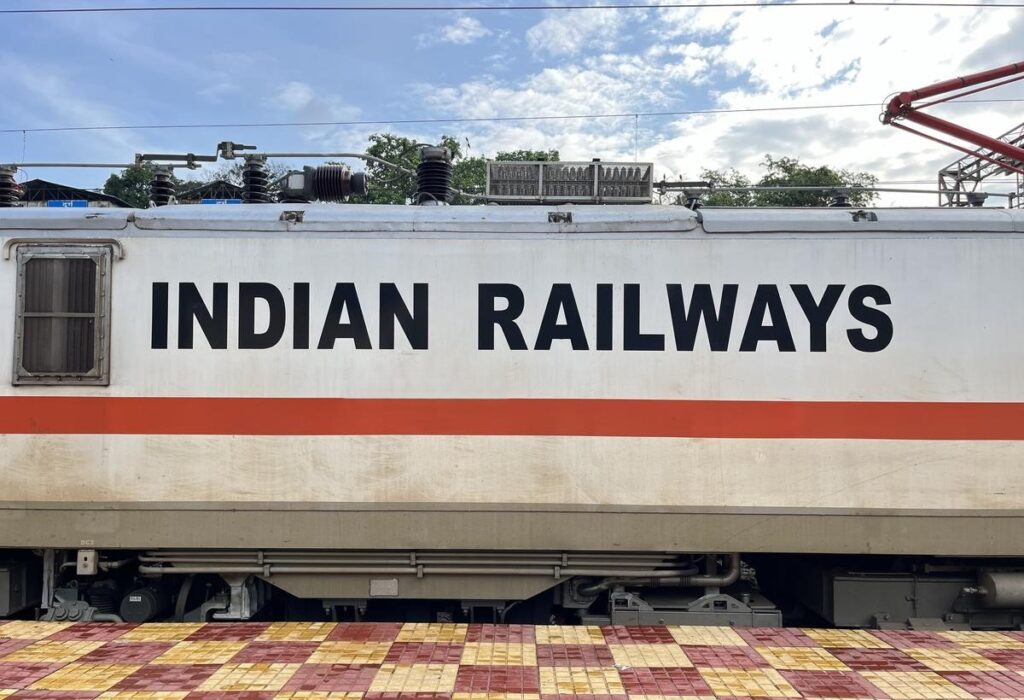Passenger wins case against Indian Railways: ₹4.7 lakhs compensation ordered

Passenger wins case against Indian Railways: ₹4.7 lakhs compensation ordered
In a noteworthy judgement, Indian railways is ordered to compensate for a bag theft that took place in 2017.
The National Consumer Disputes Redressal Commission (NCDRC) has ordered Indian Railways to compensate a passenger whose belongings were stolen while traveling on the Amarkantak Express in May 2017. On May 9, 2017, Chaturvedi and his family were traveling from Katni to Durg in a sleeper coach when the incident occurred.
Chaturvedi maintained that he had taken all necessary precautions to safeguard his possessions. However, he argued that the Ticket Examiner (TTE) failed to prevent unauthorized individuals from entering the compartment.
The railways contended that under Section 100 of the Railway Act, they are not liable for the loss, damage, or deterioration of luggage unless it has been officially booked and a receipt issued. The NCDRC dismissed this argument, as the complainant successfully demonstrated that his luggage was securely stored.
Following the theft, he filed a First Information Report with the railway police, stating that his belongings, including cash and valuables worth approximately Rs 9.3 lakh, were stolen around 2:30 AM.
Chaturvedi then pursued legal action in the Durg district consumer commission, which subsequently instructed the General Manager of South East Central Railway, the station master of Durg, and the officer in charge of Bilaspur GRP to release the requested compensation.
Chaturvedi subsequently submitted a revision petition to the NCDRC, contending that the TTE and railway police personnel exhibited significant negligence by permitting unauthorized individuals to access the reserved coach.
The NCDRC ultimately supported Chaturvedi’s case, ordering Indian Railways to pay him around Rs 4.7 lakh for the theft and the subpar service caused by the negligence of railway staff.
“it is concluded that Railways is liable for the theft, and there was a deficiency in service provided to the petitioner (passenger) owing to negligence of railway officials concerned,” says the NCDRC statement.












